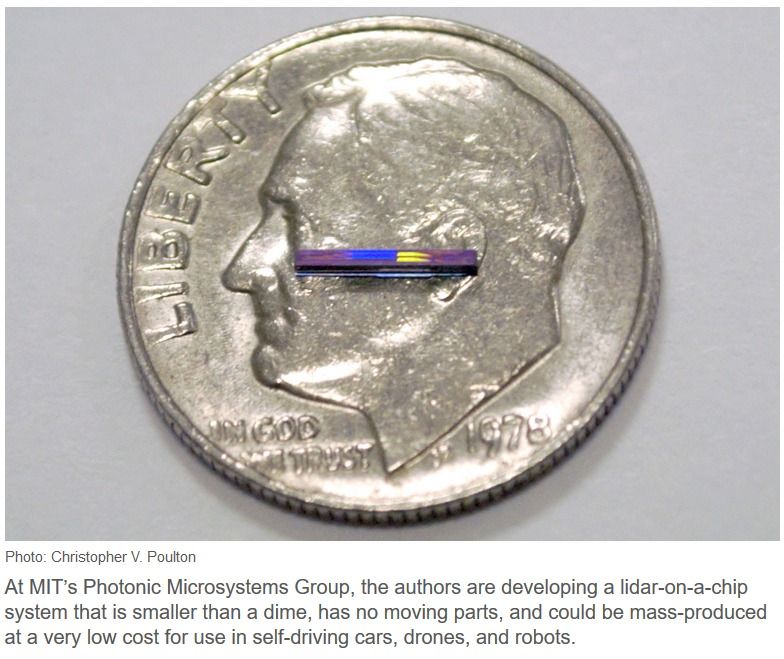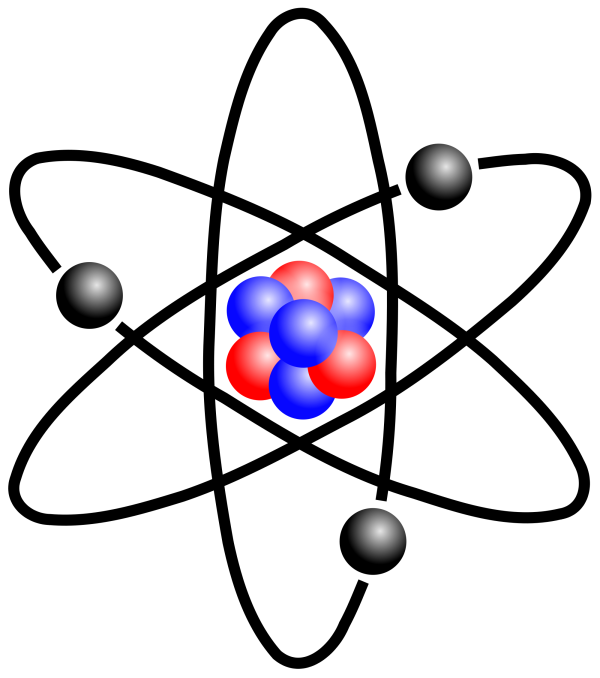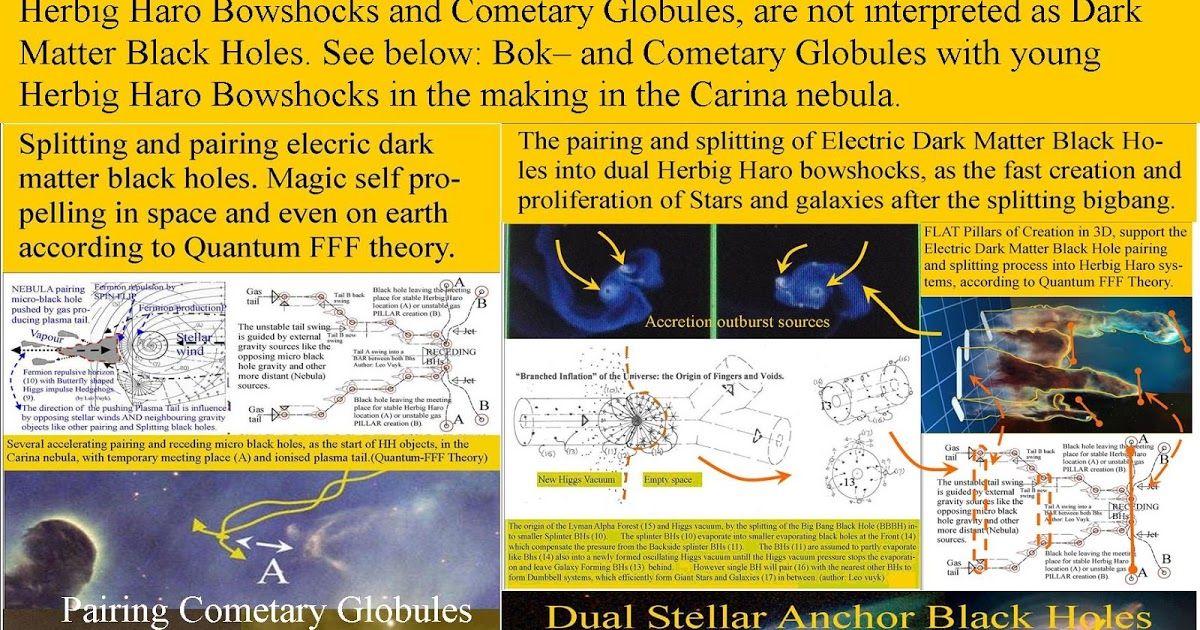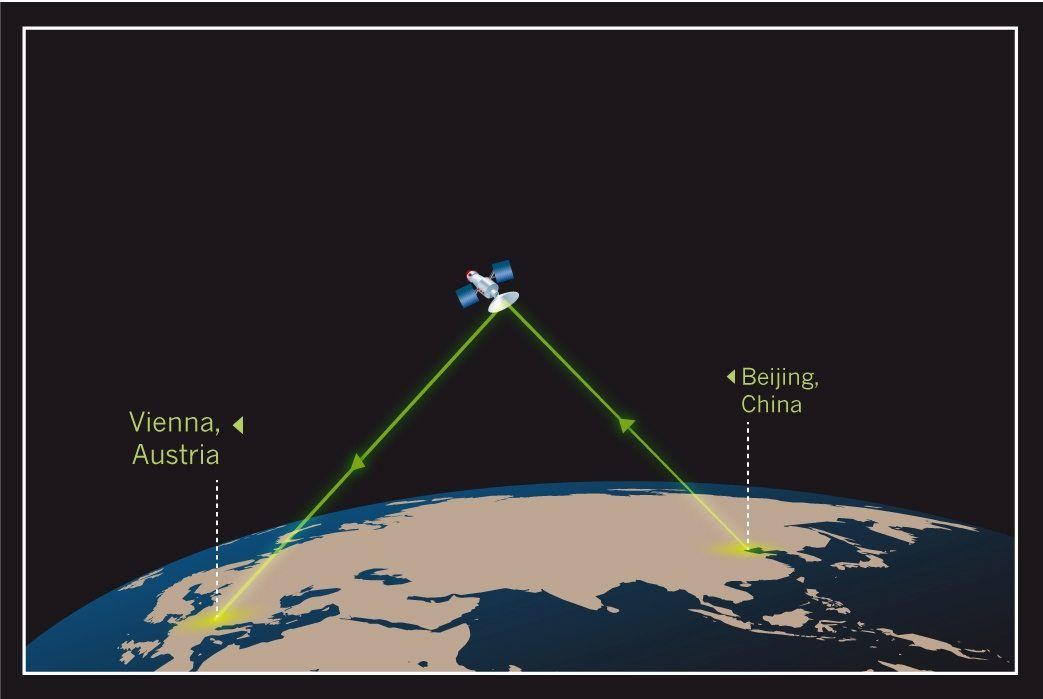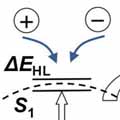Aug 24, 2016
DARPA Wants You! To Down Rogue Drones
Posted by Karen Hurst in categories: drones, military
Ever wanted to down a neighborhood nuisance drone and couldn’t? Or maybe you have some frustration that has built over time and want to release it. Well, here is your chance. DARPA wants you to down a rogue drone.
The Pentagon’s futuristic think tank is thinking about how to stop errant drones and it wants the public’s help. The Defense Advanced Research Projects Agency’s Tactical Technology Office this week announced a request for information to help create “novel, flexible, mobile layered” anti-drone soluti…

